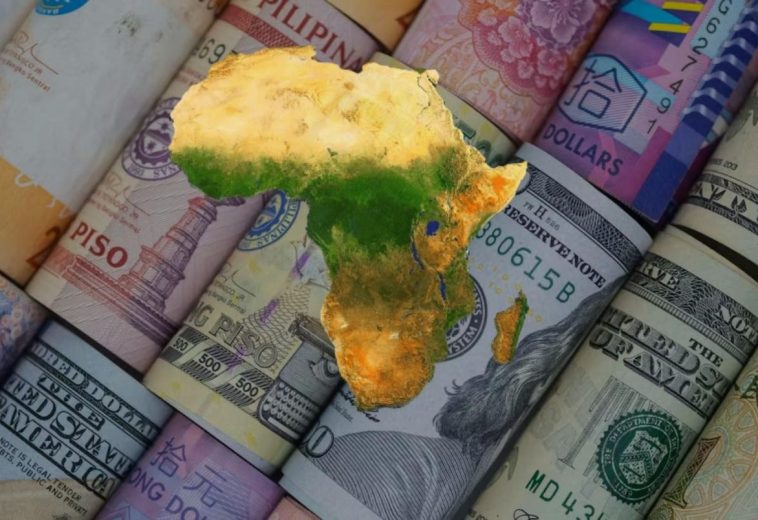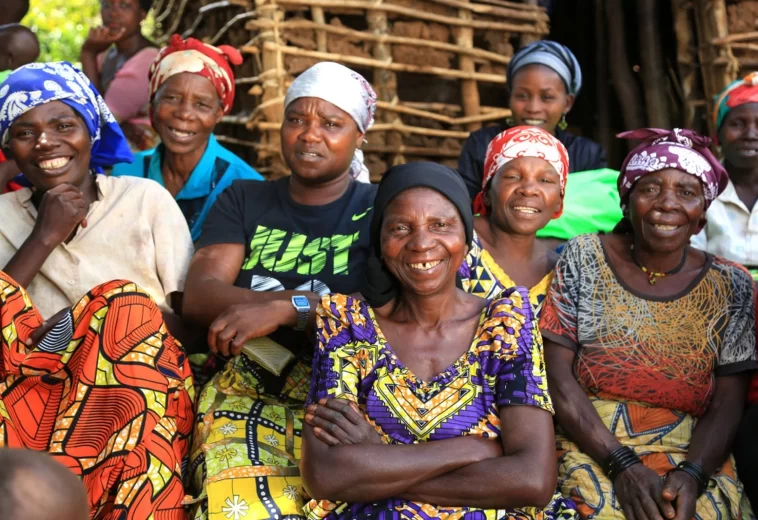At just 44, President Faye assumed office with a bold agenda aimed at reshaping the nation’s future, amidst high hopes for the economy. In his first 100 days in office, Faye has focused on addressing critical challenges and implementing key reforms across various sectors in Senegal. As the nation reflects on his early achievements, there is anticipation and scrutiny of the challenges still facing Senegal and the road ahead.
Economic Stability and Price Control Measures
One of President Faye’s primary mandates upon assuming office was to tackle the soaring prices of essential commodities. Before the election in 2024, staples essential to Senegalese households had seen erratic price fluctuations, straining household budgets. In 2023, Senegal’s economy primarily driven by the strength of the mining, construction, tourism, fishing, and agricultural sectors showed resilience. Real GDP expanded by 4.3%, translating to a per capita growth of 1.5%, surpassing initial projections of 4.1% and outpacing the 2022 growth rate of 3.8%.
However, Rural areas, especially the groundnut basin, continued to host a significant concentration of impoverished Senegalese. Consumption per capita declined, primarily affecting higher-income households, contributing to a reduction in national inequality across urban and rural segments.
In response, the government swiftly implemented measures in June aimed at stabilizing these prices. Early indications suggest a measure of success in mitigating these economic pressures, providing a temporary respite for citizens grappling with inflationary trends.
Sectoral Audits and Governance Reforms
In a bid to enhance transparency and accountability, President Faye’s administration initiated comprehensive audits across critical sectors such as oil, gas, mining, and public finance. These audits, intended to unearth inefficiencies, mismanagement, and potential avenues for improvement, underscore the government’s commitment to fiscal discipline and regulatory oversight. While preliminary findings are awaited, the proactive stance towards auditing signifies a crucial step toward reinforcing institutional integrity and fostering investor confidence in Senegal’s burgeoning sectors.
Judicial and Institutional Reforms
Beyond economic measures, President Faye has embarked on ambitious reforms within Senegal’s judicial framework. Recognizing the pivotal role of a robust legal system in underpinning democratic governance and societal harmony, his administration convened forums yielding substantive recommendations for judicial reform. These deliberations aim to streamline legal processes, bolster judicial independence, and fortify the rule of law.
Diplomatic Engagements and Regional Leadership
President Faye’s diplomatic outreach has been equally vigorous. Within his first 100 days, he undertook extensive visits to Mali, Burkina Faso, Gambia, Mauritania, Nigeria, and Côte d’Ivoire, underscoring Senegal’s commitment to regional cooperation and collective security. His role as a facilitator in ECOWAS discussions with coup-affected nations demonstrates Senegal’s proactive stance in fostering regional stability and conflict resolution.
Challenges and Delays
However, amid these strides, President Faye’s administration has encountered challenges and delays in legislative processes and project implementations. The delayed presentation of a whistleblower protection bill, originally slated for May 15, raises concerns over legislative efficacy and adherence to promised timelines. Similarly, the establishment of a commission to address grievances stemming from recent protests remains pending, reflecting administrative bottlenecks that impede swift policy enactment.
Public Perception and Administrative Appointments
Moreover, President Faye’s governance approach has not been without criticism. Appointments to senior administrative positions, lacking transparency and open calls as pledged during his campaign, have elicited public discontent. These instances reveal the delicate balance between political expediency and procedural integrity—a tension that President Faye must navigate to preserve public trust and institutional credibility.


